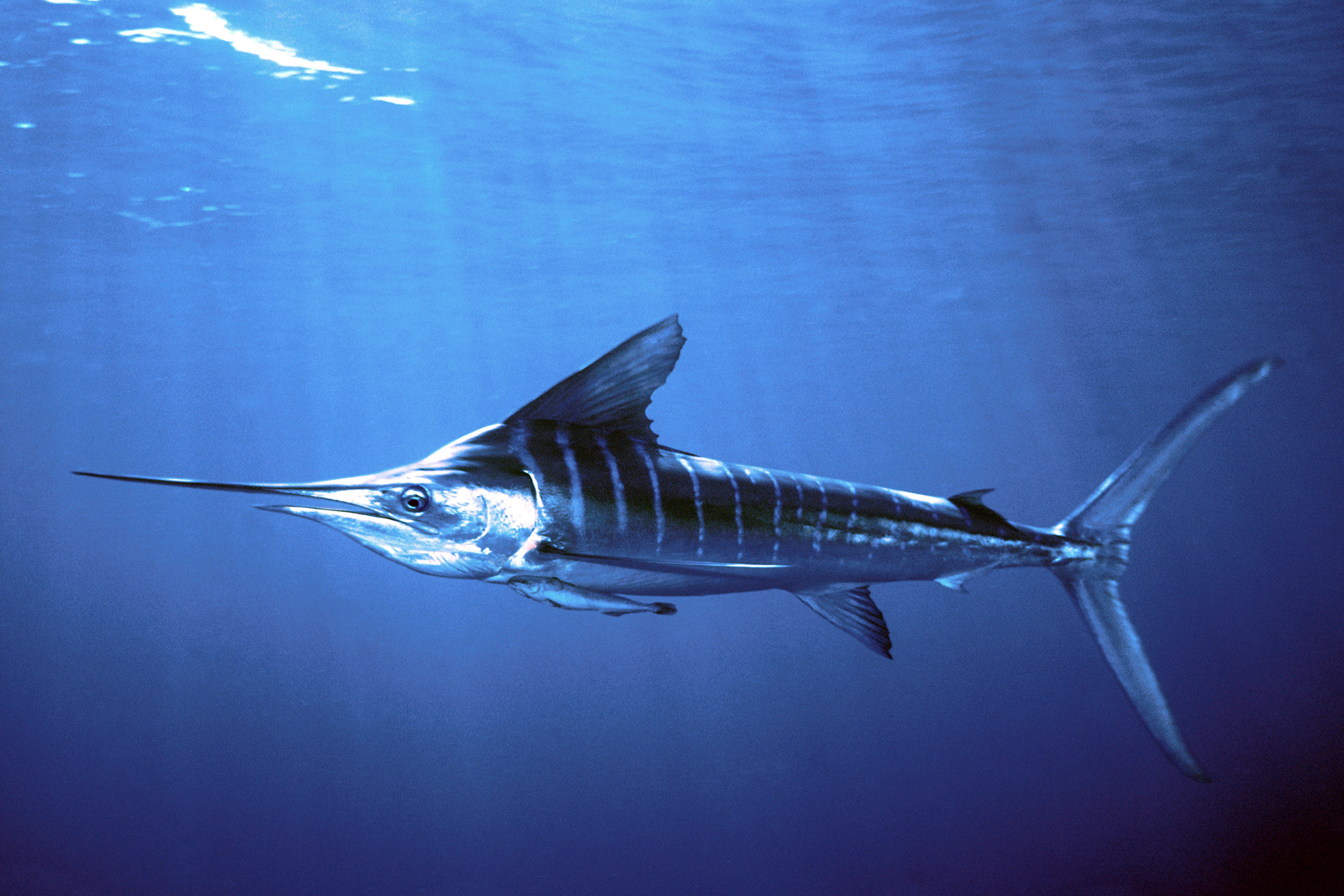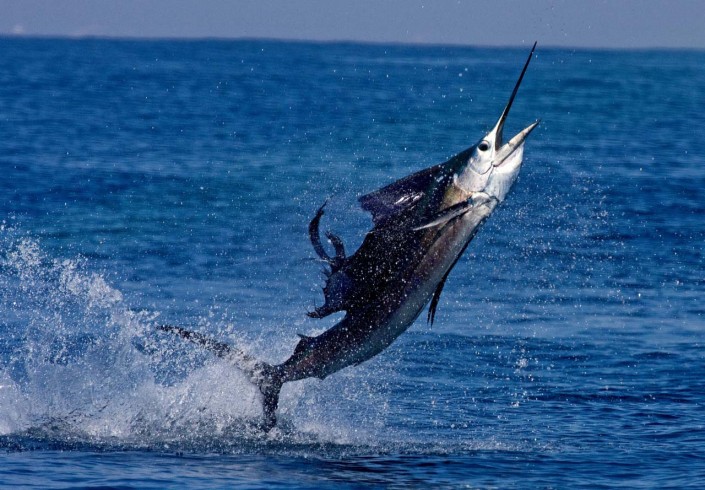Billfish, a group of marine predatory fish with sharp upper jaws and elongated noses, are often considered the fastest swimmers in the ocean. The fastest species among them is the sailfish (Istiophorus). But bluefin tuna pose a major threat to their throne, according to IFL Science.

Sailfish are well adapted to swim at breakneck speeds to hunt prey. Up to 3 m long from the tail to the tip of the nose, they are members of the marlin family (Istiophoridae) characterized by a particularly large dorsal fin that looks like a ship’s sail. Two species of sailfish belong to the Istiophorus family: the Atlantic sailfish (I. albicans) and the Indo-Pacific sailfish (I. platypterus).

While sailfish rank among the fastest swimming marine animals, recent research suggests they may not be as agile as previously thought. In the 1940s, scientists estimated sailfish could reach speeds of up to 30 m/s, equivalent to 108 km/h. However, a 2015 study found that this speed was likely exaggerated. The research team calculated that sailfish do not swim faster than 10 m/s, or 36 km/h.
Most likely, sailfish cannot maintain this speed for a long time. They reach their maximum speed when exerting themselves for a short time to chase their prey. Most of the time, this large carnivorous fish swims steadily at a speed equivalent to a human walking.
A 2015 project by the Central American Billfish Association recorded a tracked sailfish (I. platypterus) accelerating with a force of 1.79 G, according to the Center for Large Ocean Fish Research at the University of Massachusetts. . If the fish accelerated in just two seconds, its speed would be equivalent to 125.5 km/h.

However, bluefin tuna could challenge sailfish for the top spot. The Large Ocean Fish Research Center once conducted similar research with bluefin tuna and found that they can accelerate at 3.27 G, 1.8 times the record of sailfish. However, these are just bursts and researchers are not sure how long the fish maintains that activity.

Speed records are clearer with land animals. The champion of land speed belongs to the cheetah, a big cat in Africa. The cheetah’s commonly mentioned maximum speed is 120 km/h, although that record was recorded decades ago and is likely no longer accurate. In 2012, a cheetah named Sarah at the Cincinnati Zoo ran at a top speed of 98 km/h and set a world record.





